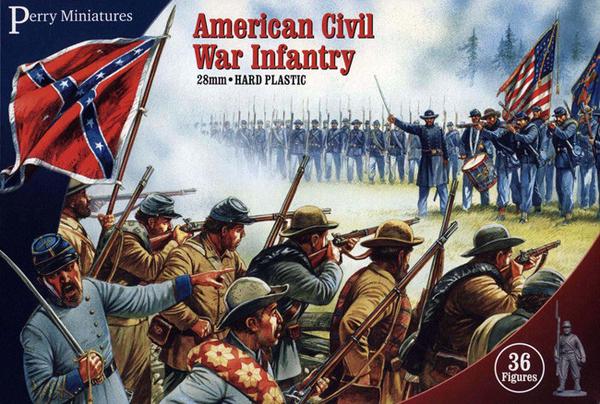On January 15th 1891 the Sioux formally surrendered to the United States formally ending Indian resistance in North America.
1891年1月15日,美洲土著人正式向美利堅(jiān)合眾國投降,結(jié)束了北美印第安人的抵抗
From that time on Indians who wanted even a semblance of their tribal life were forced to live on reservations established on lands that nobody wanted.
那時(shí)起哪怕是只想過上類似于部落生活的印第安人也會(huì)被迫住到?jīng)]有人想待著的印第安人特居地
The nation continued to grow, immigrates from East and West kept pouring into America,
美國繼續(xù)發(fā)展壯大,來自東部和西部的移民蜂擁而入美國
the transcontinental rail roads which sprang up after the Civil War expedited the settling of the American frontier.
內(nèi)戰(zhàn)后橫貫美國大陸的鐵路如雨后春筍般鋪筑,擴(kuò)張了美國的邊界
The Homestead Act of 1862 which awarded 40 acres of unclaimed government land to anyone willing to build a house on the land and live there for 5 years made farming affordable.
1862年的《宅地法》規(guī)定將40公頃無人認(rèn)領(lǐng)的政府土地獎(jiǎng)給任何愿意再這塊地上建造房屋并且定居五年的人,這就讓農(nóng)業(yè)普及開來

Of course there was the matter of getting the Indians off the land which as we have seen which was handled in the usual shameful manner.
當(dāng)然在這之前他們要先把土地上的印第安人趕走,正如我們之前講到的,他們采取了非常可恥的手段
According to the frontier theory of the Wisconsin historian Frederic Jackson Turner,
根據(jù)威斯康辛州歷史學(xué)家弗雷德里克·杰克遜·特納的邊疆理論
Americans moved further westward with each generation and became more American in the process.
美國人每向西擴(kuò)張一代人就在這個(gè)過程中變得更美國化
The farther from the East coast the Americans moved the more democratic they became according to Turner,
特納說,美國人離東海岸越遠(yuǎn),他們就變得越民主
dropping quaint European customs as official churches and aristocratic social circles.
丟棄了古怪的歐洲風(fēng)俗,比如那些官方教堂和貴族社交圈












